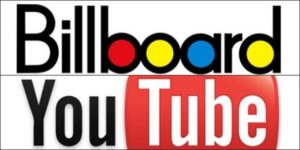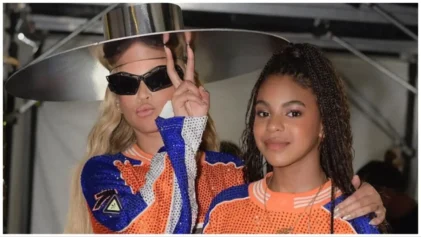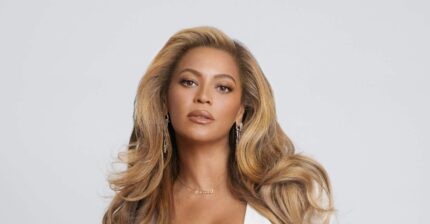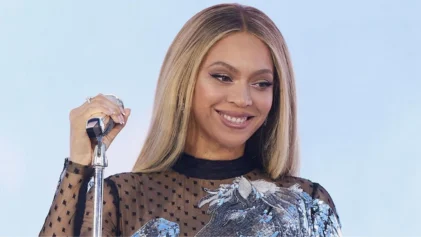The year 2013 came and went without a single African-American artist getting a number one single on the Billboard’s Hot 100. While this has sparked tons of debate regarding where African-Americans stand in the music industry, other Billboard charts are painting a very different picture than the one the Hot 100 list seems to portray.
Beyonce, J. Cole, Drake, and Jay Z were all top selling artists in 2013 although none of these artists saw one of their singles hit No. 1 on the Billboard Hot 100.
Instead, songs by white artists like Justin Timberlake and Robin Thicke dominated the Hot 100 list all year long, but is this debate really one of color?
Ever since Billboard, a Nielsen-owned company, added YouTube plays into its formula for the Hot 100 in 2011, the list has consistently favored pop and alternative music.
In fact, both the 2012 and 2013 lists include all pop and alternative singles with only one, Eminem’s “The Monster,” not falling in either of those genres. The song does feature Rihanna who topped Billboard’s pop charts with her single “Stay” in May 2013.
Keli Goff, of The Daily Beast, suggested that the lack of African-Americans on the Hot 1oo list last year brings up a troubling question about hip hop.
“Are we ready to say that absolutely no White person can touch hip hop?” Goff questioned. “Well that’s ridiculous. But on the other hand, are we ready to say that White people should define hip hop in its entirety? Which is a little bit what’s happening with these charts.”

The Hot 100 didn’t include any songs of the hip hop genre other than Eminem’s “Monster,” which is still a rare occurrence on the Hot 100.
As for the actual hip hop charts both Drake and Rihanna had number one singles on the list while Macklemore & Ryan Lewis and Robin Thicke held number one spots for the most weeks.
Slate columnist Chris Molanphy explained that the real reason the charts are starting to shift is because music that used to only belong to the pop genre is shifting over to R&B and hip hop.
“The charts of 10 years ago when OutKast was No.1 — iTunes was not a factor in the charts yet because it was brand new,” Molanphy said. “There was no YouTube — it literally didn’t exist – and so this great feedback loop we used to have where we had crossover from the R&B charts to the pop charts had kind of gotten swamped.”
While Black artists weren’t seen on the Billboard Hot 100, they were regulars on the Billboard 200 which celebrates top selling albums rather than singles.
J. Cole’s “Born Sinner,” Beyonce’s self-titled surprise album and Drake’s harmony-filled “Nothing Was the Same” all topped the Billboard 200 at one point with each album holding the top spot for more than a week.
Does the lack of African-American artists on the Hot 100 certainly suggests there is a problem in the music industry?


